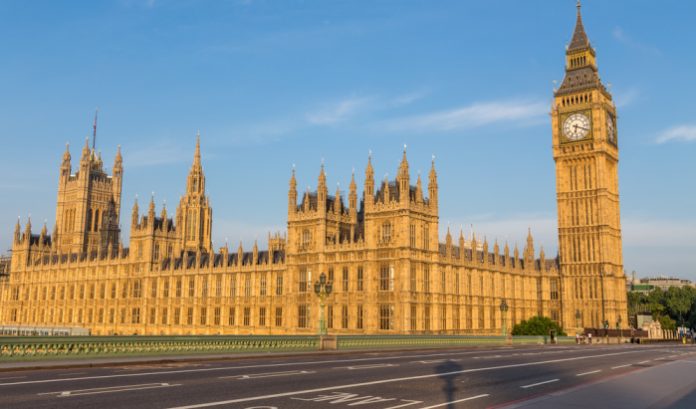UK Gambling Commission (UKGC) Chief Executive Andrew Rhodes – alongside Executive Director of Policy and Research, Tim Miller, and Deputy Chief Executive, Sarah Gardner – appeared before the DCMS Select Committee this week.
The trip answered questions from the assembled MPs about the progress of Gambling Act review consultations, with the Commission currently involved in around 68 workstreams according to Rhodes.
There are currently four consultations open – financial risk and vulnerability; game design, including building in greater player protection; improving consumer choice on direct marketing, particularly regarding cross selling; and strengthening age verification in venues.
Miller remarked: “The Secretary of State gave a very clear steer that she wanted to see the White Paper implemented at speed, and I think it’s fair to say that we were quick out of the box in getting that first set of consultations out there.”
However, MPs were somewhat sceptical of whether the Commission is up to task, and if it has the resources. In Rhodes view, it does – but as and when it takes on new powers, as the review has proposed, it will need more backing.
“If we are going to do more complicated things around regulation that will require resources to do it,” Rhodes said. “I am comfortable with our current position, but in the longer-term we will need to invest more money and have more people with different skills.”
He also noted that the UKGC currently has a staff headcount of 351, meaning it is a small regulator compared to other national authorities, but is responsible for overseeing the world’s largest gambling industry.
The overriding topic of discussion for the UKGC at the hearing – and a point reiterated consistently by Stuart Andrew, the Gambling Minister – was the need for more research.
Miller noted that the aforementioned NHS Health Survey has been seen as the ‘gold standard’ of judging gambling-related harm, but the regulator is facing difficulties in this area due to a reliance on NHS data and the devolved nature of healthcare governance across the three nations of Great Britain.
In Andrew’s view, the UK is ‘behind the curve in terms of research. He further elaborated: “I think that’s what this is why I think the introduction of the levy actually gives us a sort of generational change, if you like, in terms of the funding, and gives us an opportunity to have perhaps some of some of the best research in the in the world so that we can identify what are the issues that needs to be addressed in this area?”
Finally, the hearing also touched on regulatory penalties. The regulator broke records in 2022 and 2023 with the UK’s two largest penalties, served against Entain (£17m) and William Hill (£19.2m).
According to an unnamed source Rhodes referenced to MPs, nine out of 10 of the largest penalties were handed out and 85% of all the regulatory enforcement in the world is conducted by the UKGC.
“We are seeing less egregious cases, but we are not seeing none, we are not seeing their absence altogether,” he affirmed.




























